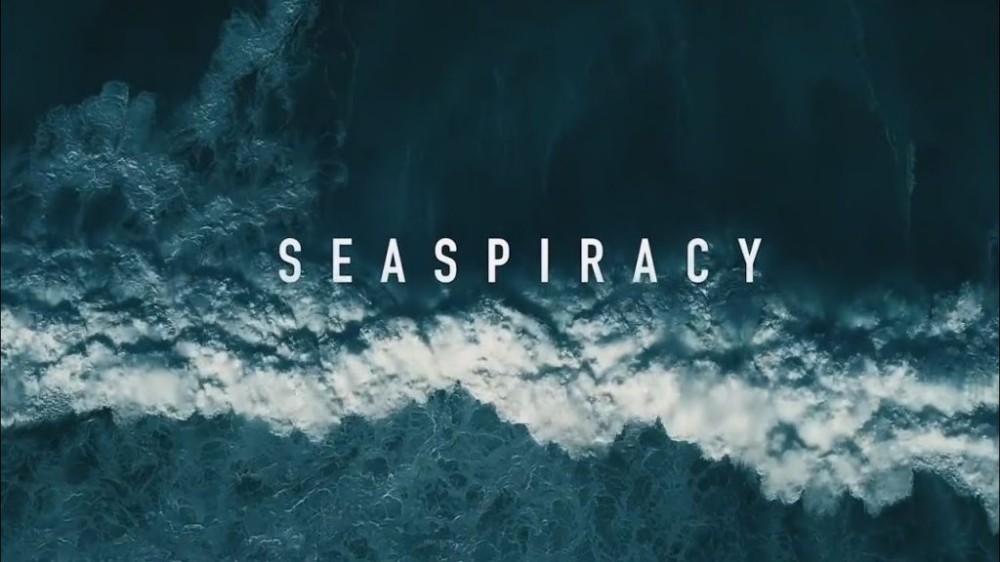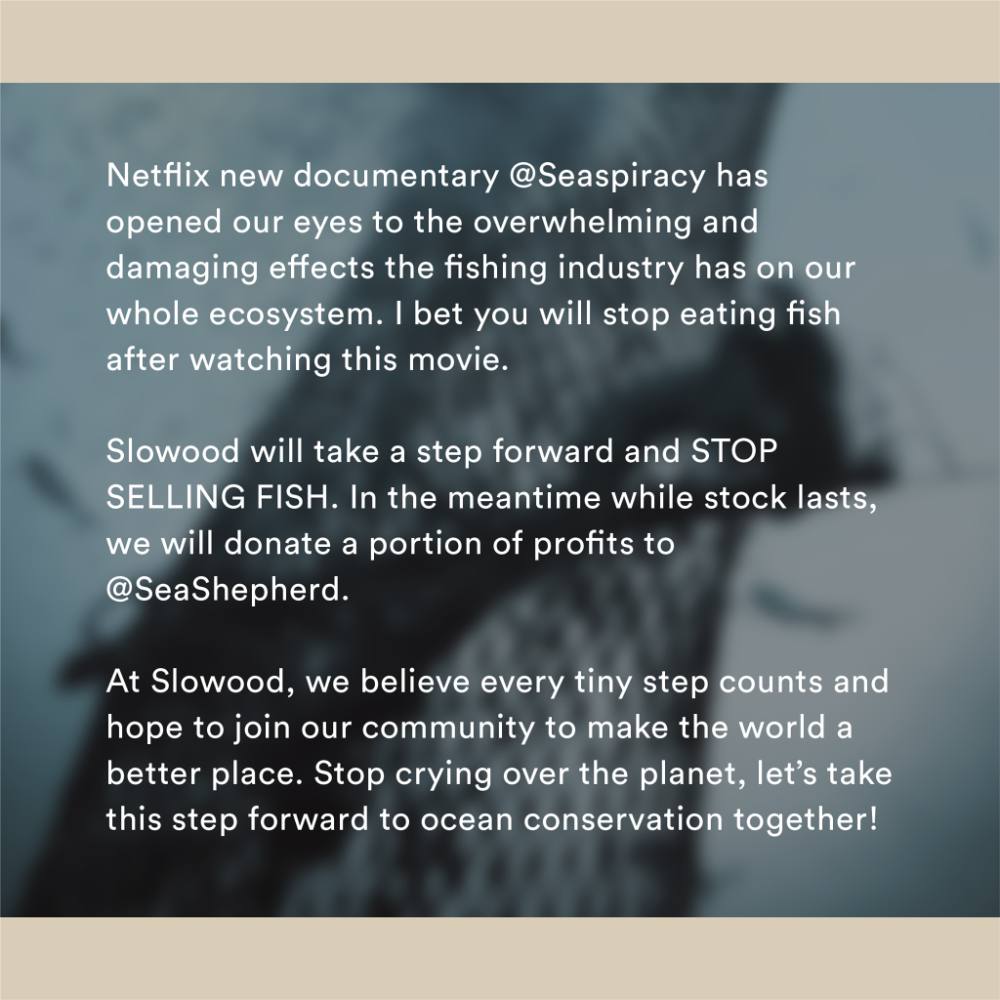Seaspiracy: Netflix's latest documentary that's stirring up controversy
Apr 07, 2021

When it was first released, even the name of Netflix’s latest hot documentary caused a tidal wave of reactions.
In its first week of release on 24 March, “Seaspiracy”, a new film that attempts to pull back the curtain on commercial fishing and its environmental impact, catapulted the top of Netflix’s watched films in several countries, gaining considerable traction on social media as well.
While perhaps a logical question about its title, those who have been following along will know “Seaspiracy” is made by the same team behind the Leonardo DiCaprio produced award-winning 2014 film, “Cowspiracy”, which confronted the challenges of animal agriculture on the environment.
With “Seaspiracy”, directed by British filmmaker Ali Tabrizi, the spotlight is placed squarely on the fishing industry, uncovering a sector rife with environmental threats and human rights issues including slave labor.
So far, the doc has seen rather immediate success in provoking viewers to reconsider their fish consumption – in Hong Kong, zero-waste retailer Slowood recently announced it would stop selling fish altogether, citing “Seaspiracy” as its main influence – but the film has also received a significant amount of backlash, namely from those who it features, as well as from marine organisations and experts around the world.

In speaking with The Guardian, executives from US organisations such as Dolphin Safe tuna label and the International Marine Mammal Project (IMMP) both stated their quotes were taken out of context, with IMMP going so far as to say the film does a disservice to the “critical work organisations are doing to protect oceans and marine life”. In Scotland, where the film reported that 50 percent of farmed salmon die from disease and infection before being harvested, the Scottish Salmon Producers Organisation (SPPO) took issue with the claim, stating that the filmmakers never reached out or actively engaged their sector. “Aquaculture is a key part of the answer,” they wrote, “not the problem, with regards to concerns over wild fish stocks.”
Oceana, a US advocacy group focused on ocean protection, released an entire FAQ section on their website to address questions related to the documentary after one of their employees was featured in the film. “The former Oceana staffer featured in the film was a key leader in our campaigns against illegal fishing. She was asked a question about consumer seafood guides in the course of a two-hour interview, which was selectively edited,” the organisation states.
Immediately after the release of “Seaspiracy”, Oceana circulated a separate statement desiring to “set the record straight”, and pushing back against gut reactions to the doc: “Choosing to abstain from consuming seafood is not a realistic choice for hundreds of millions of people around the world who depend on coastal fisheries — many of whom are also facing poverty, hunger, and malnutrition.”
Another interesting discussion around racism is also starting to take shape as the film calls into question the ethics of fishing practices in Asia, specifically in Thailand, Hong Kong and the Philippines. Positing the Japanese and Chinese governments as leading perpetrators of overzealous commercial fishing, some environmental activists are criticising the film’s anti-Asian undertones and its disproportionate criticism of Asian, African and indigenous fishing businesses and communities, noting that other non-Asian countries also engage in such practices and at equal or exceeding volumes.
“Almost all of the activists “Seaspiracy” features are white (the percentage is probably something like 96%)…. And yet there are many local environmental organisations and non-white, i.e. BIPOC activists, out there. Where are they in the film?” asks Tammy Gan, an environmentalist who writes for Green is the New Black.
Jean Utzurrum, a Filipina marine biologist based in the Philippines, shares similar, disappointed views. “I finally watched “Seaspiracy” on Netflix and it wasn’t entirely terrible if you disregard all the factual inaccuracies, manipulation of interviews, overtones of anti-Asian racism, and grossly false retelling of Gerlie Alpajora’s death,” she wrote in a Facebook post, referencing Alpajora, a Filipina government inspector who was allegedly assassinated after exposing illegal tuna-fishing. On Tabrizi, Utzurrum writes, “‘For a self-proclaimed ocean lover who uses the internet a lot to “discover” these issues for the very first time in his life, I can’t quite see how he could not have known about these issues.’”
Marine experts agree the message of “Seaspiracy” is an urgent and important one, but the way in which it executes and presents its findings is not kosher. In a time when social media swarms and misininformation can cloud the truth, it’s more important than ever to also do your own research.
“Seaspiracy” is now available on Netflix.
See also: #StopAsianHate: How to support the movement and combat anti-Asian violence































